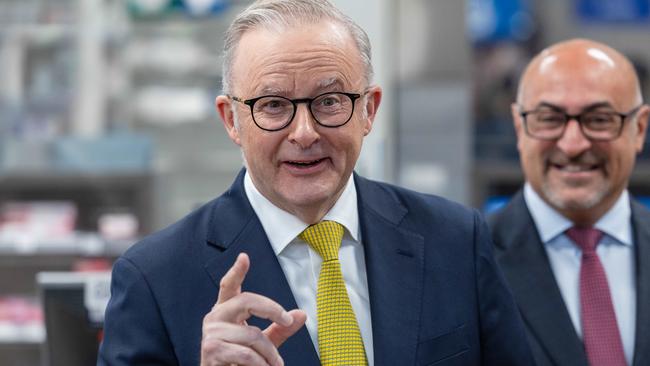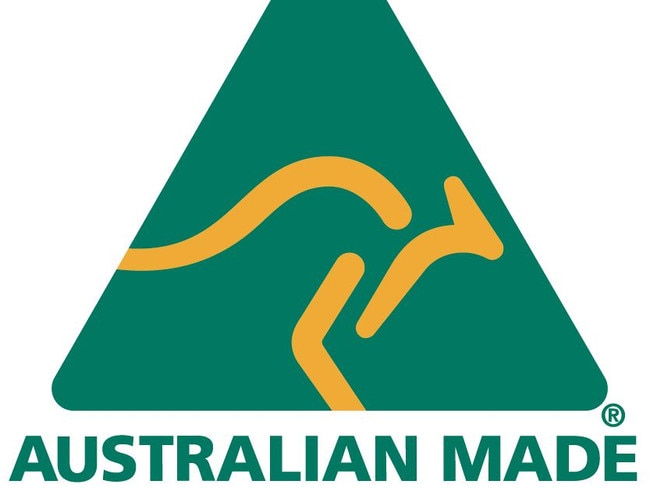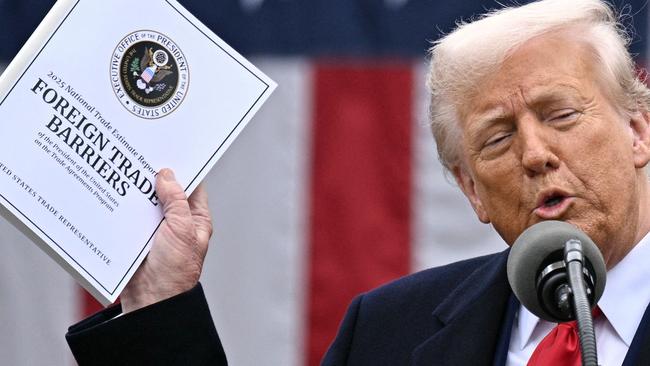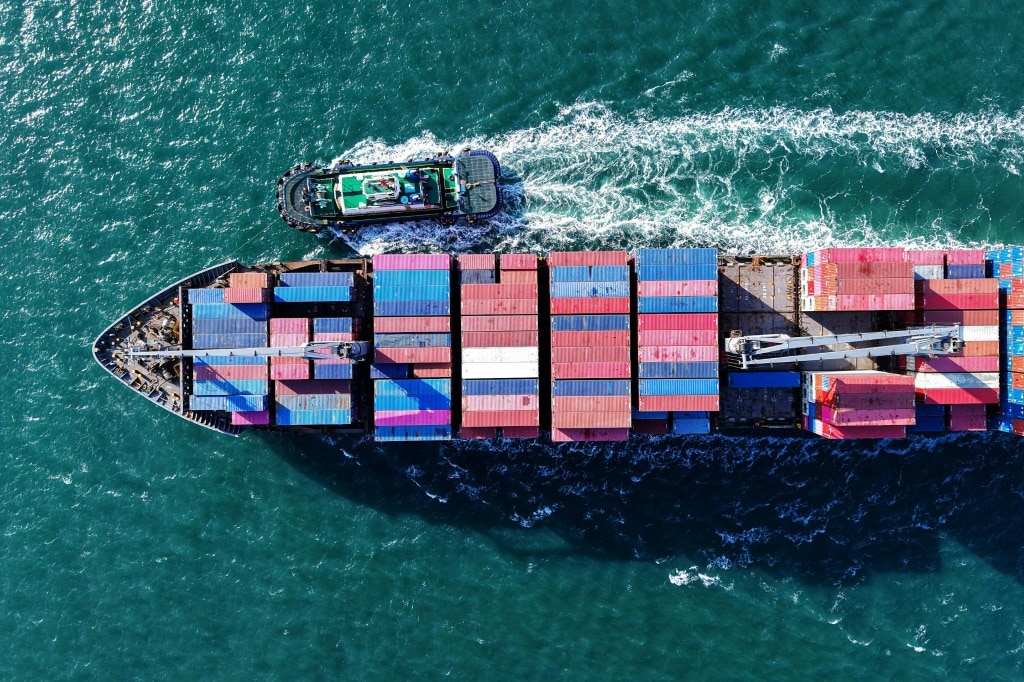Anthony Albanese reveals five-point plan to combat Trump tariffs
Prime Minister Anthony Albanese has revealed his five-point plan to combat US President Donald Trump’s new tariff measures against Australia.

Prime Minister Anthony Albanese has revealed a five-point plan to secure Australia against the latest round of tariffs imposed by US President Donald Trump on Thursday.
The wide-ranging tariffs were touted as Liberation Day for the US, with Mr Trump arguing it would level out the playing field.
“If you want your tariff rate to be zero, then you build your product right here in America,” he told foreign countries,” he said.
The President singled out Aussie beef producers.
“Australia bans – and they’re wonderful people, and wonderful everything – but they ban American beef,” President Trump said.
“Yet we imported $3bn of Australian beef from them just last year alone.
“They won’t take any of our beef. They don’t want it because they don’t want it to affect their farmers. And you know, I don’t blame them, but we’re doing the same thing right now starting at midnight tonight.”
In a list of countries, Australia was 21st with a 10 per cent tariff on all goods imported into the US.
China faces new blanket tariffs of 34 per cent and Vietnam 46 per cent.
In response, Mr Albanese announced five new measures from the election campaign trail: “strengthening our anti-dumping regime, supporting affected sectors to expand our trade relationships with new markets, establishing an economic resilience program through our National Reconstruction Fund, encouraging people to buy Australian, and establishing a critical mineral strategic reserve.”
It’s quite a mouthful. Here’s what it means.

Strengthening our anti-dumping measures
Dumping is a trade practice whereby exporters flood the Australian market with cheap goods, which are sold at prices lower than they are worth.
It can be used by countries hit by tariffs who are looking to get rid of excess stock that would previously have gone elsewhere.
Mr Albanese announced $5 million for Australia’s anti-dumping commission to help it monitor and investigate claims of dumped products.
He said this will “safeguard key sectors like steel, aluminium and manufacturing against unfair competition”.
Supporting affected sectors to expand our trade relationships with new markets
In 2024, Australia exported $4 billion of meat products, $2 billion in pearls, precious stones, metals and coins, and $1.35 billion in pharmaceutical products to the US.
Labor has vowed $50 million for peak bodies to help affected sectors secure and grow new markets for their products.
“This work will be backed by five new business and investment missions to priority markets within the first 100 days of our second term,” Mr Albanese said.
Encouraging people to buy Australian
Mr Albanese vowed Australian businesses would be “front of the queue” in government procurement processes and for government contracts.
In the 2025 federal budget, released just days before the election was called, $20 million was pledged for a Buy Australia campaign.
According to budget papers, this money would pay for “initiatives to encourage consumers to buy Australian‐made products”.

Establishing an economic resilience program through our National Reconstruction Fund
If elected, Mr Albanese said Labor would establish a new program focused on “economic resilience” as part of the National Reconstruction fund.
The new program would provide $1 billion in zero-interest loans for firms to capitalise on new export opportunities.
Opposition Leader Dutton has backed in the idea, but said the money should flow through Export Finance Australia.
Establishing a critical mineral strategic reserve
Mr Albanese also revealed a plan for a “critical mineral strategic reserve” – but stopped short of sharing any details.
He said only that he would have “more to say on this”.
The Minerals Council of Australia, however, has warned against the move, declaring it presents “significant risk for investors and miners alike”
“The purpose of a strategic reserve is to manage supply security and price stability for those that use critical minerals. Investors in mining, processing and manufacturing, take decisions based on commercial and economic signals,” the council said in a statement released shortly after the announcement.
“Adding this domestic political risk to the numerous hurdles that miners already face in getting projects off the ground or maintaining the viability of their operations, will only decrease Australia’s competitiveness and undermine the very investment we need to meet the world’s demand for our critical minerals.
“Without the ability to process them, stockpiling raw materials serves no benefit.”

Peter Dutton calls for negotiations ‘as quickly as possible’
While Opposition Leader Peter Dutton has expressed support for Mr Albanese’s proposed anti-dumping laws, he was critical of the Prime Minister’s response, and said a better deal needed to be struck imminently.
Mr Dutton feared while Australia wasn’t subjected to tariffs at the higher end, jobs would be lost and there “will be economic detriment” to Australia as a result of what had been imposed.
“The focus that we should have as a government and as an alternative government is to do a deal on that basis as quickly as possible, so that we can reduce the impact on Australians, on our industry, and on our export capabilities,” he said.
He said a key negotiating bargaining chip should be defence manufacturing, such as the trade of critical minerals to the industry.
“When you look at the global map and you look at where these deposits are held, the Americans have very few options, and that’s why I think it’s an absolutely integral part to negotiate,” he said.
Mr Dutton, speaking from Perth, criticised the Prime Minister as “weak and missing in action” in the lead up to the tariff announcement.
The Opposition Leader said it was no victory that Australia was hit with the lowest tariff level, while other countries copped it much harder, saying it seemed Mr Albanese had no advance knowledge of the announcement.
“The Prime Minister didn’t know anything about it,” Mr Dutton said.
“It was first made known to him when it was publicly announced. So that will talk about the influence that the Prime Minister has in relation to this matter.
“I can say this much – I want success in the relationship, that is not going to happen if the Prime Minister finds out about things through the press.”
Originally published as Anthony Albanese reveals five-point plan to combat Trump tariffs



